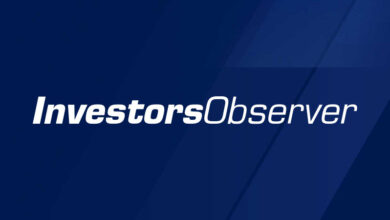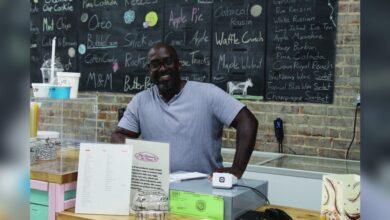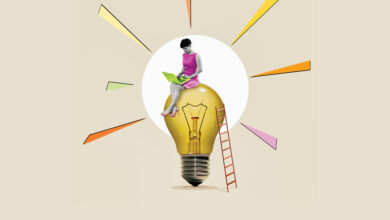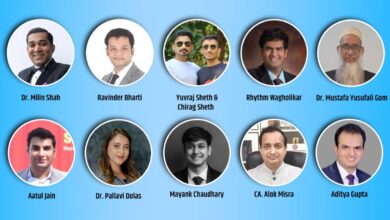McKenna Center program opens doors for disadvantaged entrepreneurs

While the word entrepreneur often conjures images of tech titans such as Jeff Bezos and Elon Musk, the reality is much less glamorous, according to Michael Morris, a faculty member in the Keough School of Global Affairs’ McKenna Center for Human Development and Global Business at the University of Notre Dame.
In fact, the majority of ventures across the globe are started by people in poverty and disadvantaged circumstances, Morris said, particularly when people operating within the informal, or underground, economy are included in the count.
And while data on such ventures is scarce, Morris noted that even within developed economies, they can be responsible for a meaningful percentage of economic output.
What’s more, he explained, a growing body of anecdotal research findings supports the idea of entrepreneurship as a route to financial independence for the disadvantaged.
Still, poverty is complex, transcending lack of income to include food scarcity, unemployment and underemployment, health problems, poor schools, physical and emotional fatigue, substandard housing and various forms of social exclusion and discrimination.
When developing a business, these impediments pose unique challenges, which, grouped by type — literacy gaps, a scarcity mindset, significant non-work distractions and lack of financial slack or a safety net — form what Morris calls the “liability of poorness.”
Added to the usual liabilities of “newness” and “smallness” that all entrepreneurs face, this liability of poorness makes it that much more difficult for disadvantaged entrepreneurs to start and grow businesses compared with their more advantaged peers.
To address this, Morris, an expert in entrepreneurship who has built successful venture programs at multiple colleges and universities, established the Urban Poverty and Business Initiative soon after arriving at Notre Dame in the middle of 2019.
Since then, the initiative has grown to include 38 cities, including South Bend, where the South Bend Entrepreneurship and Adversity Program seeks to help those facing economic or other hardships start and grow businesses as a pathway to financial stability.
“What’s unique about our approach is that we break the journey to a sustainable enterprise, an enterprise that can improve your economic circumstances — we break that journey down into 80 steps,” Morris said. “The whole mantra is: Progress begets progress.”
He defines “sustainable” as six months of consistent profit.
‘The program works’
Administered with support from Susan McDonald, program manager of human development and global business at the McKenna Center, the 10-month program takes an integrated approach to community empowerment, offering six weeks of in-person learning; one-on-one consulting with faculty, students and others; mentoring from successful local business owners; and access to loans and grants as well as other resources via quarterly forums, an online platform and other methods of formal and informal communication and engagement.
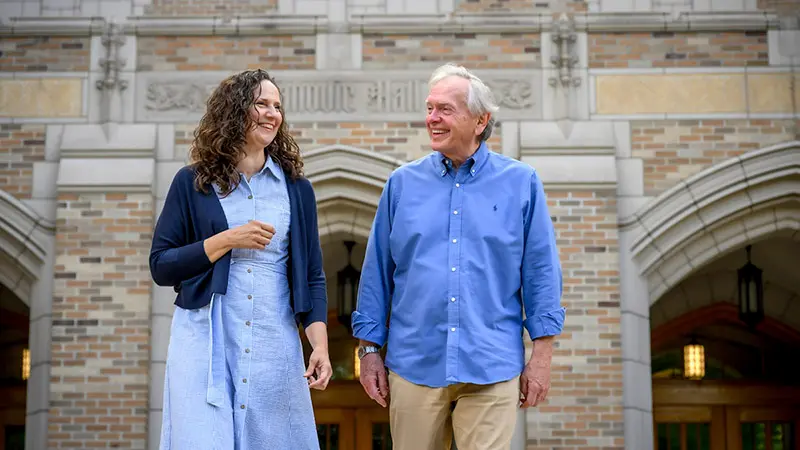
The program also includes a research and tracking component, allowing Morris and others to document the challenges faced by existing and aspiring entrepreneurs, track their progress and identify ways to help them move forward.
To that end, Morris recently wrote an article in Business Horizons documenting the phenomenon of fear of success among disadvantaged entrepreneurs and positing solutions to the problem. He’s also co-authored research on the misunderstandings and fallacies of poverty entrepreneurship; overcoming the liability of poorness, poverty and entrepreneurship in developed economies; and the entrepreneurial mindset and poverty.
By inviting disadvantaged members of the community to engage with students, faculty and staff and vice versa, the Entrepreneurship and Adversity Program supports the University’s strategic framework with respect to community engagement and poverty — critical areas of focus for the University as it charts a course for success over the next 10 years.
What’s more, it invites members of the community who might otherwise feel disengaged from Notre Dame to view the University as a partner, genuinely invested in their success.
“The whole mantra is: Progress begets progress.” –Mike Morris
“We emphasize that we’re all about the common good,” Morris said, alluding to the University’s mission statement and to Catholic social teaching more broadly. “With programs like this, we are directly impacting real people with real solutions. And that’s important, because I think, increasingly, the pressure for universities across the country is to be more relevant for society, not just ‘ivory towers.’”
Now in its sixth year, the program serves as many as 70 people annually, including formerly incarcerated people and refugees. About 95 percent are people of color, Morris explained, and about 70 percent are women. The waitlist to participate is long.
The success stories are many.
Importin’ Joe’s, a coffee roaster, started off selling coffee at the South Bend Farmer’s Market. Today, the company’s signature Ethiopian java can be found in the North and South Dining Halls on campus and in dozens of retail stores nationwide. Soulful Kitchen, a local catering company, is one of just four officially recognized caterers on campus, a group that includes well-established outfits like Levy, the food service provider for Notre Dame Stadium, and Three Leaf Catering, the University’s in-house service.
Altogether, the program has assisted more than 300 entrepreneurs and helped to launch nearly 200 small businesses, uplifting disadvantaged individuals and communities while growing the local economy in ways that support and promote a robust and innovative entrepreneurial ecosystem.
“The program works,” Morris said. “We have both input and outcome metrics that suggest a pretty good success rate.”
It helps, he added, that South Bend has such a strong history and spirit of enterprise — exemplified by names such as Studebaker, Oliver, Bendix and Birdsell.
“For a city that is really not very big, we’re uncovering a rich, rich reservoir of people with a dream to have some kind of business of their own,” he said. “It’s just a huge volume of interest and it’s nonstop.”
Opening doors
Lacquisha Hunt, of Mishawaka, went through the program in 2022, toward the tail end of the COVID pandemic.
A former social worker with a master’s degree in health care management, Hunt owns Heavenly Sent Sea Moss, which offers capsules, popsicles and skincare products made with nutrient-rich algae from the waters around St. Lucia in the Caribbean.
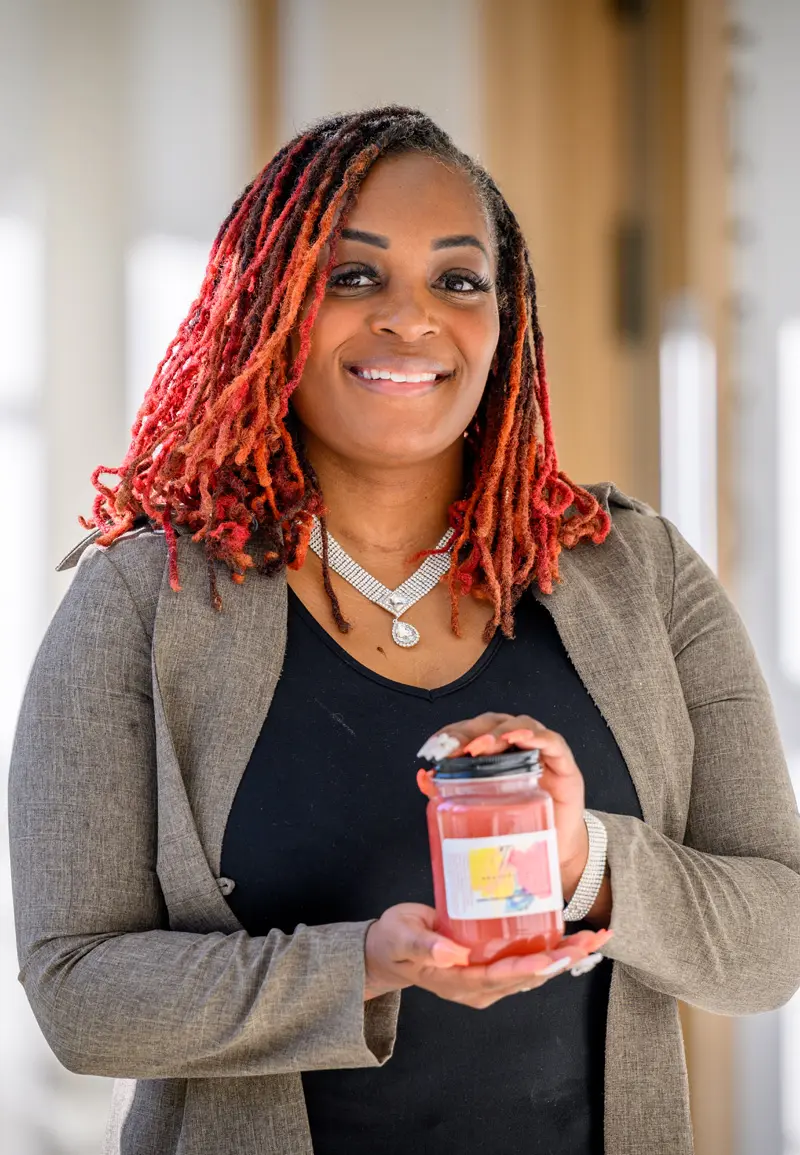
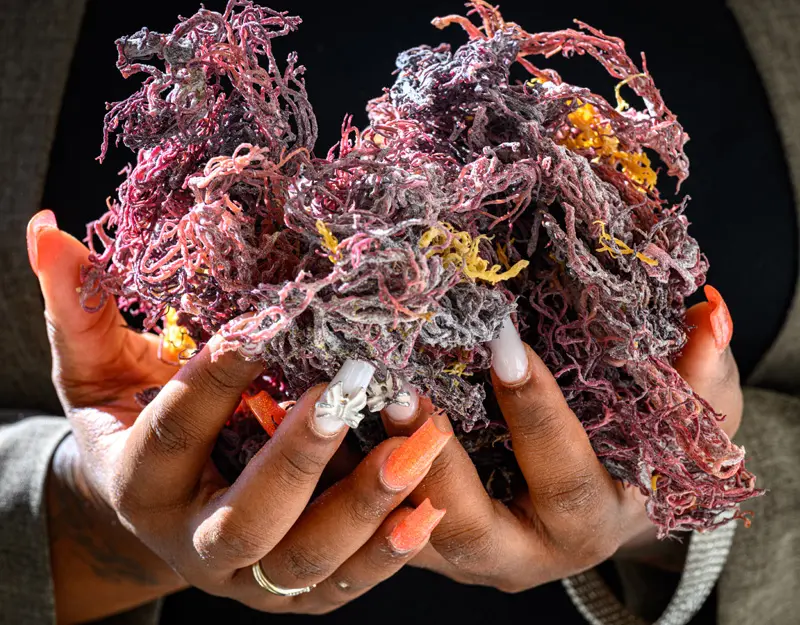
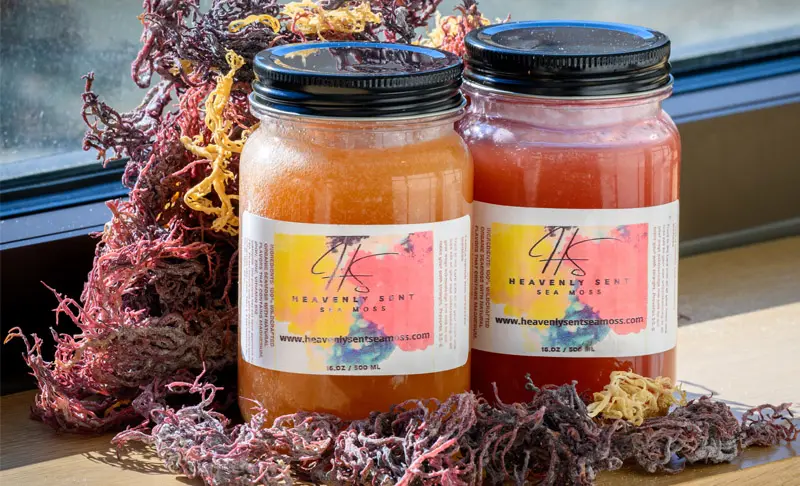
“The program was so helpful,” Hunt said. “It gave me a lot of information about how to really go out and network and push my product. Everything I’m doing now in business is because of this program.”
Hunt said she routinely recommends the program to others, adding, “I’m just very thankful for Dr. Morris and Susan.”
Raymond Barbour, owner of Ko’s Port-A-Pit Barbecue, also recommends the program.
“I tell everybody I know that has a business, I tell them all the time, ‘Hey, here’s Sue McDonald’s email. You better hurry up and email her because it’s going to open doors for you that you wouldn’t believe,’” Barbour said.
Barbour, who grew up around kitchens and barbecues in South Bend and Kentucky, was recently matched with a mentor, a successful local restaurateur, as part of the second phase of the program. He completed the first phase, consisting of six consecutive Saturdays of instruction, in April.
“Each of the six sessions puts you in a different mindset about what you want to do,” Barbour said. “You learn about your fixed costs, your variable costs, total fixed costs, contributions, margins, breaking even or taking a loss, your product, your revenue drivers.”
From a broader perspective, he said, the sessions, mentoring and other program components “put me in a bigger mindset of what I have to do and what my business means to me.”
Like Hunt, Barbour is home-based, but hopes to expand in the future, with dreams of opening both a food truck and sit-down restaurant in the mold of an old-fashioned barbecue joint.
He credits the Entrepreneurship and Adversity Program with giving him the knowledge and confidence to pursue his dreams.
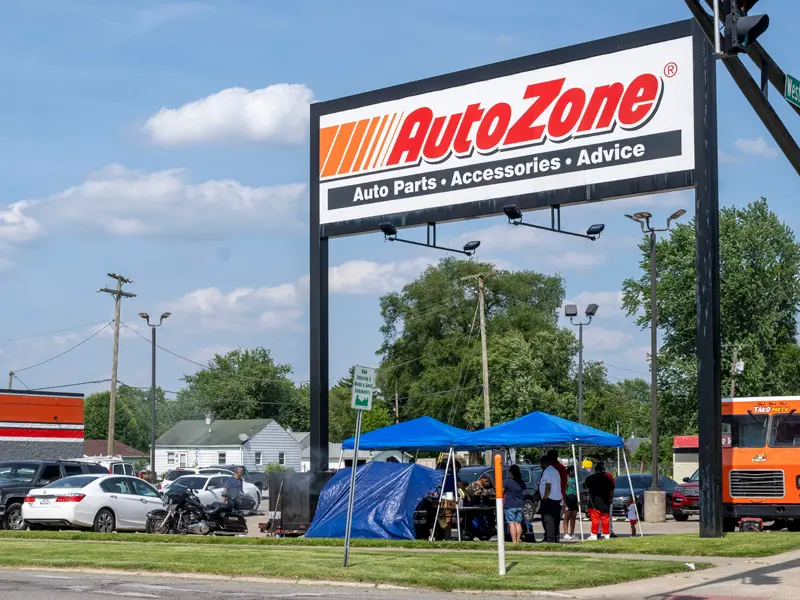
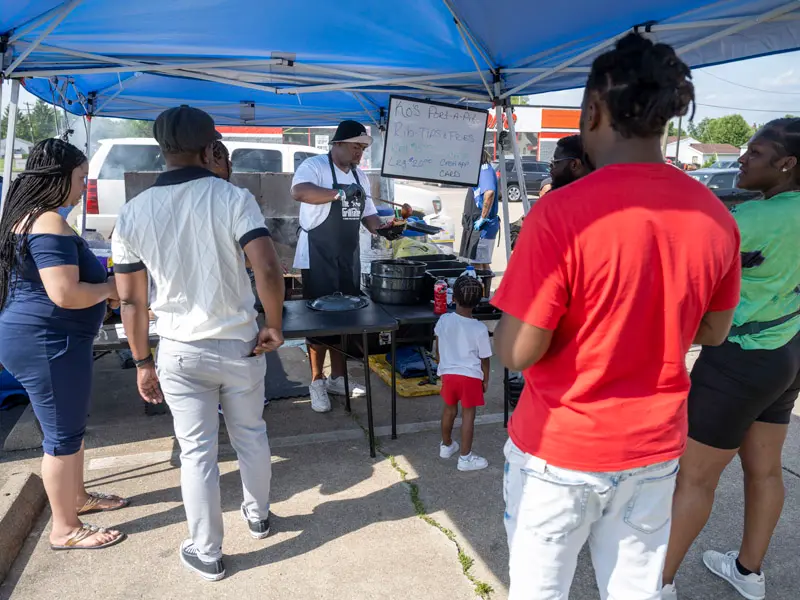
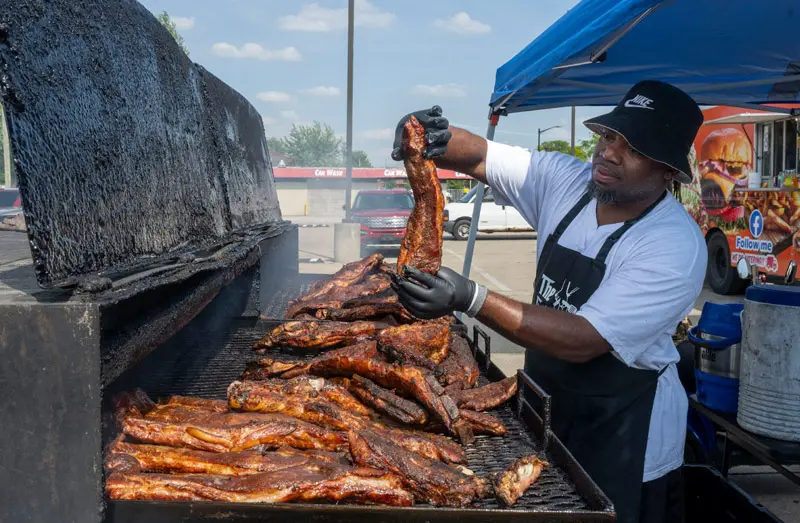
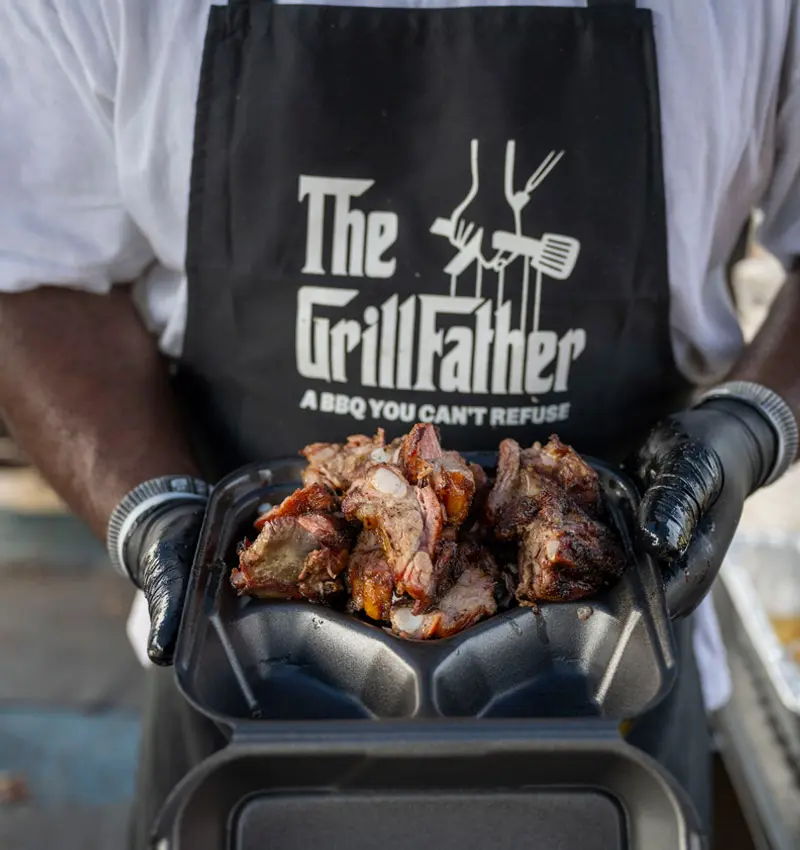
“When you look in the mirror, it makes you know who you are and who your company is. It’s not just, ‘I’m Raymond Barbour and, oh, I think I’m going to do this.’ It’s, ‘I’m Raymond Barbour and I’m going to do this. I’m going to shine.’ It gives you that drive like no other.”
Broader impact
The benefits extend beyond the individual.
According to Morris, entrepreneurs who start from a place of disadvantage often serve niches that are ignored or overlooked by incumbent firms. They’re also more likely to reinvest in their neighborhoods and communities, creating jobs and supporting and promoting other local businesses and organizations in a virtuous cycle.
“My belief — and we don’t yet have empirical evidence for this — but my belief is that when you have enough entrepreneurs in a given neighborhood, it brings more stability to the neighborhood,” Morris said. “It brings social benefits in terms of stabilizing crime, improving high school completion rates. From a poverty perspective, folks don’t have a voice, and as they start to succeed in business, they get a voice, so they’re able to address other issues of concern to their community.”
They’re also able to share their hard-won wisdom and knowledge with others.
“We feature 15 or more of these entrepreneurs in Notre Dame classrooms each semester, and that’s enlightening for students,” Morris said.
Recognizing the value of such work, the Community Foundation of St. Joseph County recently awarded $35,000 to the Entrepreneurship and Adversity Program as part of its spring grants cycle. The Special Projects Grant will support a new drop-in center — The SBEAP Collaboration Hub — in South Bend.
“The Community Foundation of St. Joseph County is committed to enhancing the quality of life in St. Joseph County,” the foundation’s vice president for community impact, Aaron Perri, said. “Partnering with the University of Notre Dame to foster entrepreneurial opportunity is an obvious choice, and we’re excited to see the advancements that this initiative will deliver.”
The hub will open in late August, Morris noted, offering ongoing and expanded training, mentoring, consulting and other services to any of the more than 300 entrepreneurs who have been through the program.
Reflecting on the purpose and meaning of the project, he said, “It is exciting to be able to augment our program while giving Notre Dame a physical downtown presence to support these entrepreneurs.”
